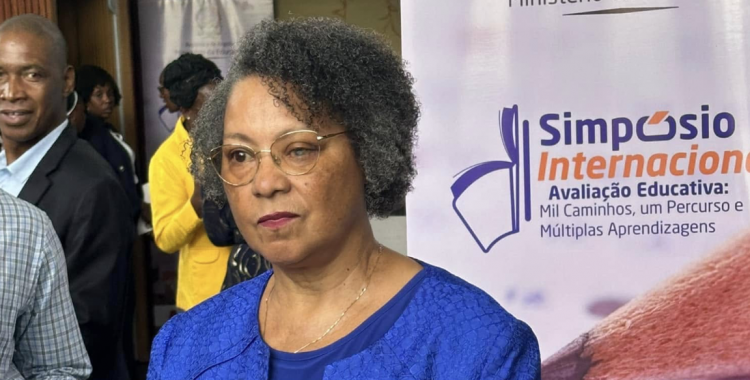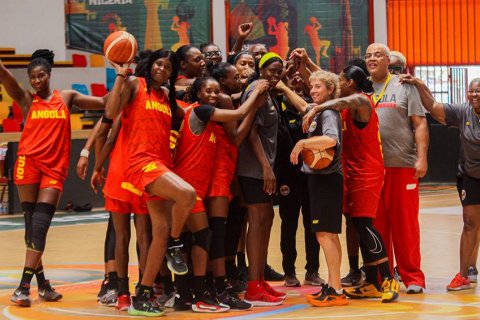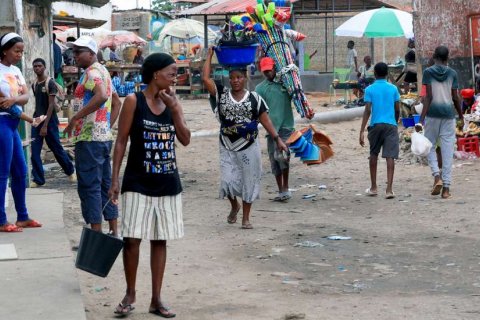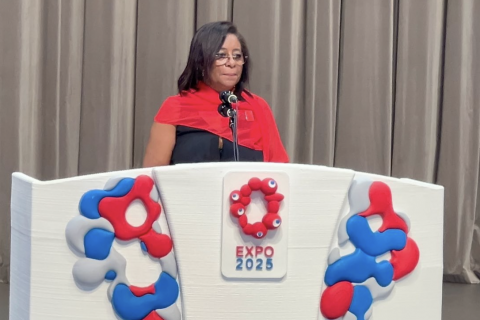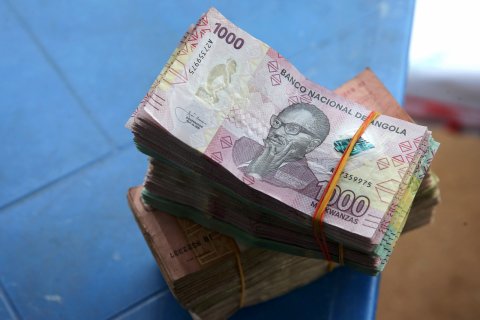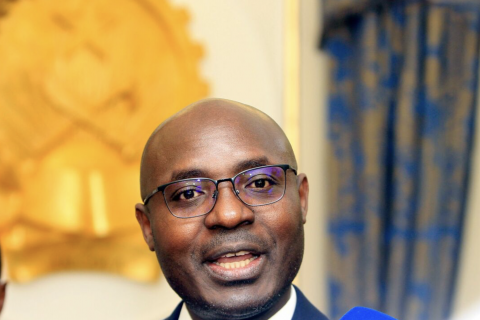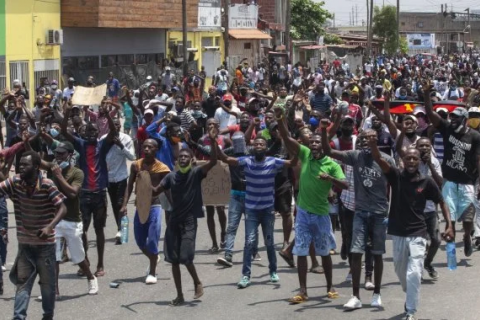"This is a matter that has been debated, not only in the context of this ministerial meeting but also in others, and which is linked to some concern about the funding that is available internationally to address issues related to the 2030 agenda for sustainable development, where education issues are paramount", explained, in statements to Lusa, the director of cooperation of the Community of Portuguese Speaking Countries (CPLP), Manuel Lapão.
The mobilisation of institutional partnerships for the implementation of PACE 2025-2026 will be one of the central themes of the ministerial meeting, which will discuss the possibility of organisations such as the European Union, the World Bank, the World Food Programme, UNESCO, the Organisation of Ibero-American States, but also the community's consultative observer countries as well as civil society entities making their contribution to education projects, according to the meeting agenda to which Lusa had access.
"There are a number of international partners with whom we would like to work" in this area, Manuel Lapão stressed.
In addition, the ministers must approve the report on compliance with the action plan for multilateral cooperation in education for the period 2022-2024 "with a very high level of implementation, of 80 percent", he revealed.
The meeting is expected to feature, in the opening session, speeches by the Minister of Education of Angola, Maria Luísa Alves Grilo, representing the outgoing presidency of the CPLP, and of Education, Science and Culture of São Tomé and Príncipe, Isabel Viegas de Abreu, representing the current presidency of that organization, which has been under the leadership of her country since August 2023, and which in July, at the next Summit of Heads of State and Government, will be passed to Guinea-Bissau.
The initial agenda also included an in-person intervention at the opening session by the Executive Secretary of the CPLP, Zacarias da Costa, who, due to scheduling issues, will not be present and will send a video message.
Some ministers scheduled for the initial agenda may not be present, such as the Brazilian minister, Camilo Sobreira de Santana, who will be represented by the vice-minister Sara Figueiredo, with several official confirmations still pending on the eve of the meeting.
For Manuel Lapão, the important thing is that the people represented by the ministers "have full powers to decide", although he admits that, for "a political debate", it would be "ideal" to have the ministers present.
On Wednesday, two days before the ministerial meeting, the 2nd CPLP International Forum on Cooperation in Education took place, the first edition of which was held during the Angolan presidency.
In this second edition "the aim is for the CPLP member states to be able, through their respective education agents, to have greater access to the exchange opportunities available at the level of International Organizations", according to documents from the event's organization.
"This has been a challenging task, given the limitations of the Portuguese language, which is not a working language in many of these international organizations," they point out.
"Therefore, it is imperative that the CPLP promotes closer ties with these organizations, in order to allow for increasing mutual knowledge and the identification of points of convergence that contribute to the viability of the programs and projects included" in PACE 2025-2026, reads the document to which Lusa had access.

